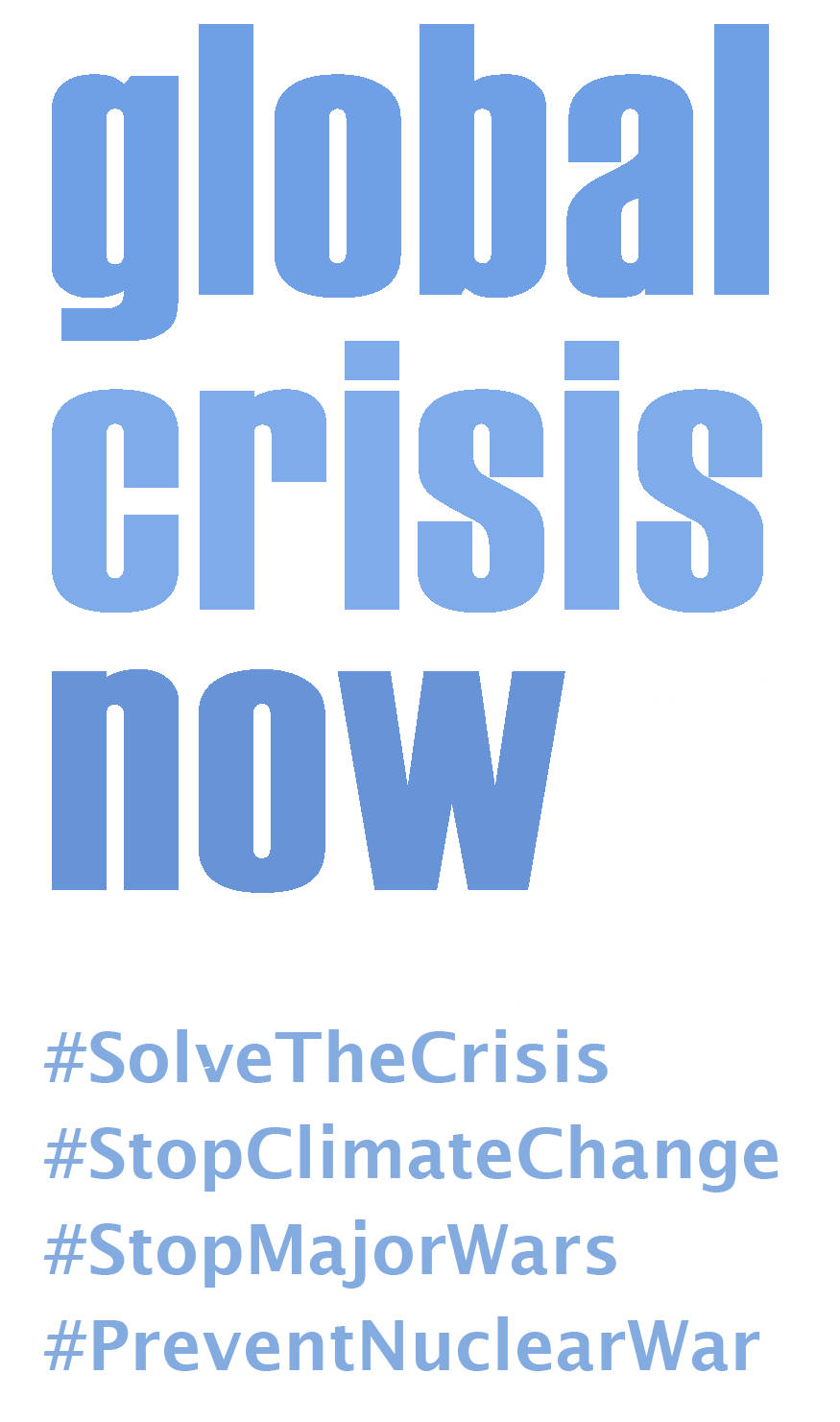The effects of climate change have recently become more obvious, and more costly, to the corporate world, as risks to supply chains, and disruption of operations due to extreme weather, along with shareholder and public pressure, have motivated companies to take action on climate change, and also to disclose data on greenhouse gas emissions, and energy use. The corporate world is now making changes to the way they operate, in order to become more sustainable in their operations. They are also regularly reporting on their efforts to do so.
According to the Carbon Disclosure Project (CDP), a non-profit organization based in London, the corporate world is well ahead of world governments in putting a price on carbon use. They say 150 major corporations now use an internal price on carbon – and 10 per cent of the largest corporations are trying to get government policymakers to support legislation on carbon-pricing. 500 of the companies surveyed by CDP now regulate and price carbon through global carbon markets.
Renewable energy use is also now on the increase in the corporate world, particularly in the technology sector. In the United States, Google, Apple and Facebook now power data centers with renewable energy, either building their own sources, or asking power companies to sell them renewable power.
In Finland, Sitra, an independent fund reporting directly to the Finnish Parliament, and several leading corporations in Finland including Kone, Neste Oil, Fortum, Outotec, ST1 and Caverion, have established a Climate Leadership Council, whose aim is to encourage Finland’s business and research sector to find solutions to problems relating to climate change and dwindling natural resources. The leaders of the companies involved in the Council have proposed that Finland end its use of coal, and that the Helsinki region should be a model for clean technology and clean energy. The Climate Leadership Council will initiate projects for the creation of world-class cleantech reference areas in Finland, in areas including the Helsinki region. These reference areas will be zones for testing and trials, in which companies can introduce their own cleantech solutions and practices for replication elsewhere.
At the UN Climate Summit in New York in September 2014, 40 corporations, including Unilever, Barclays, Deutsche Bank, General Mills, Johnson and Johnson, McDonalds, and Nestle were among the 150 endorsers of the New York Declaration on Forests, which has as its goal cutting in half global deforestation by 2020 and ending it by the year 2030. Many of these companies use palm oil, which has been produced recently by destroying forests, particularly in Indonesia and creating plantations, in their place. The destruction of forests is one of the greatest concerns in relation to climate change, as forests act as CO2 sinks, removing CO2 from the atmosphere. With less forests, less CO2 is removed. And climate change gets worse.
CO2 is the most talked about greenhouse gas emission, but another emission, if unchecked, could have a devastating effect on the planet and humanity. And that is HFCs (hydrofluorocarbons). At the UN Climate Summit in September 2014, a coalition of major companies announced the organization of the Global Food Cold Chain Council, which will try to reduce greenhouse gas emission in the processing, transportation, storage and retail display of cold food and to encourage the use of climate-friendly technology in this industry, and reduce refrigerant emissions, particularly hydrofluorocarbons (HFCs), used for refrigeration and air conditioning, which now comprise 1 per cent of greenhouse gas emissions, but if left unchecked will comprise 10 per cent by 2050. Hydrofluorocarbons are considered “super greenhouse gases” and their effects on global warming could negate benefits from the reduction of CO2 and other greenhouse gases. HFCs were introduced to replace ozone depleting substances being phased out by the Montreal Protocol.
All of these initiative and activities are, hopefully, just the beginning of action by the corporate world on climate change. Because of financial risks to their operations from climate change, and their realization that money can be saved, and made, by becoming more sustainable, the corporate world has now moved ahead of world governments in climate change awareness and action. It is now time for world goverments to increase the speed and scale of their own actions, to keep pace with the corporate world, so together, action can be taken to avert a catastrophe for humanity in the future.


